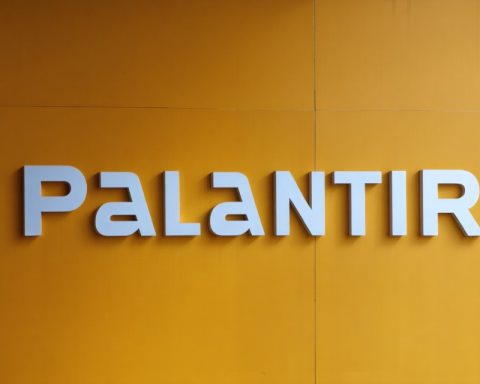Recent findings indicate a growing enthusiasm among Bulgarian companies regarding the integration of artificial intelligence (AI) into their operations. A comprehensive study surveying 5,250 human resource experts from 14 countries reveals that a significant portion, specifically 69.2%, of Bulgarian firms supports the use of AI in their workplaces. The optimism stems largely from the anticipated benefits of reducing employee workload and saving time, with 45.87% citing these reasons, while 37.03% believe in the automation of certain tasks to lessen reliance on external service providers.
Despite this positive outlook, the actual deployment of AI technologies remains minimal, with only 19.71% of companies reporting the use of AI tools for managing human resources. Nearly 48.36% have not adopted any such tools, and 31.94% express intentions to consider them in the future. Among those currently utilizing AI, ChatGPT emerges as the most popular choice, accounting for 83.24% of applications.
However, there are concerns regarding the long-term implications of AI on job markets, as some companies predict a potential decrease in hiring new employees due to these technological advancements. The Economic and Social Council emphasizes the need for a careful observation of AI trends in workplaces, highlighting the importance of addressing workforce retraining and adaptation challenges alongside the benefits of increased efficiency and productivity.
Maximizing AI in the Workplace: Tips, Life Hacks, and Interesting Facts
The integration of artificial intelligence (AI) is reshaping workplaces worldwide, especially in Bulgaria, where the interest in AI technologies is rapidly growing. With a significant percentage of Bulgarian companies recognizing the potential benefits of AI, here’s a guide filled with practical tips, life hacks, and intriguing facts to help you leverage AI effectively in your organization.
1. Start Small with AI Tools
Before a full-scale AI implementation, consider starting with smaller pilot projects. This enables your team to become acquainted with AI tools like ChatGPT, which is currently popular among firms. By testing in a controlled environment, you can gauge effectiveness without overwhelming your processes.
2. Encourage Continuous Learning
As AI reshapes job descriptions and responsibilities, invest in continuous learning for your staff. Offer training sessions on AI tools and technologies to ensure that employees adapt and thrive in the evolving workplace landscape. This proactive approach can ease concerns about job security and foster a more positive attitude toward AI.
3. Automate Repetitive Tasks
Identify tasks that are repetitive and time-consuming. By leveraging AI for these processes—like scheduling, data entry, or even customer inquiries—you free up valuable time for your employees to focus on higher-level responsibilities that require human creativity and critical thinking.
4. Monitor AI Implementation Progress
Regularly assess how AI tools are enhancing workplace efficiency. Set up metrics to evaluate the impact of AI on productivity, employee satisfaction, and overall business outcomes. This will not only validate the decision to implement AI but also provide insights for future improvements.
5. Foster a Collaborative AI Culture
Encourage communication between teams to explore AI applications collaboratively. A culture that embraces innovation will enable employees to share insights and learn from one another, leading to more effective AI integrations.
6. Be Mindful of AI’s Limitations
While AI can significantly increase productivity, it’s essential to remain aware of its limitations. AI can’t replace human intuition and emotional intelligence, so where tasks require nuanced understanding or creativity, combine AI with human oversight.
Interesting Fact:
Although there is a high enthusiasm for AI adoption in Bulgarian companies, the actual implementation lags behind, with only 19.71% of companies currently utilizing AI tools. This presents a golden opportunity for businesses to be pioneers in adapting these advanced technologies.
7. Plan for Workforce Changes
As companies incorporate AI, it’s crucial to address potential workforce changes. The Economic and Social Council has pointed out the importance of retraining and adaptation for employees, ensuring that they are equipped for new roles that emerge from AI advancements.
Conclusion:
As you navigate the world of AI in your workplace, remember that the goal is to enhance efficiency while boosting employee morale. Stay informed about trends and challenges in AI to make the most of this transformative technology.
For more insights and guidance on AI and technology in business, visit Forbes and explore the latest articles on innovation.








